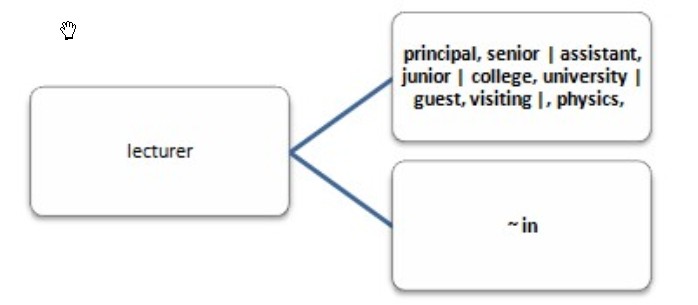I sometimes wonder if I get a little too excited about the things I teach. Perphaps , I should tamp down my enthusiasm when I tell my students that so and so is veeerry eeeeasy! I wonder if they are beginning to doubt my sincerity but the truth is that English grammar is very easy to teach/grasp, especially when compared to the Spanish one.
Albert Einstein once said : “If you can’t explain it simply, you don’t understand it well enough.”

Anyway, what I really wanted to ask you is : “Do you really know the difference between Among and Between?”
I bet you’ve been taught, as I was, that the difference between Among and Between is that Between is used when we are talking about two items and Among when we are talking about more than two. Hey , listen , don’t panic, most of the time it works…. but unfortunately not always . The definition is good enough to explain some sentences but then … how do you explain that this sentence below is also grammatically correct?
My house is between the forest, the school and the lake
The thing is that between is normally used when we are talking about two people or two things but it can also be used to refer to three or more clearly separate people or things.
Among is used when talking about people or things in a group, a crowd or a mass of people which we don’t see separately, ie, we don’t have a definite number in mind though clearly more than two
My house is among mountains
Let’s compare these two sentences. Imagine you are going to a party and you cannot decide what to wear.
1.I am trying to decide between the blue shirt, the white shirt or the green shirt
2. I am trying to decide among my shirts
In sentence number 1 I am choosing between a specific number of items
In sentence number 2 I am choosing between an indefinite number of items
Two more examples might help:
There is a lot of disagreement between Germany, Spain and Finland (three specific countries)
There is a lot of disagreement among some European countries (you don’t name them specifically)
Hope it helps!






